A survivor of domestic violence may experience many barriers to support and services. Some people aren’t able to speak openly and safely around their partner. Perhaps they’ve never talked about their relationship and aren’t sure if it’s unhealthy or not; maybe they’re not sure how to speak about what they’ve experienced in the first place. In response to these needs, La Casa de las Madres launched our text line (415-200-3575) in 2017 as a secure and confidential resource for survivors of domestic violence. In 2019, we responded to nearly 1000 individuals’ text messages. Through text, we’re able to offer emotional support, point people to the right resources, and support survivors as they find their way to safety.
The isolation experienced by survivors has been exacerbated by the COVID-19 pandemic, with a recent UN report estimating that six months of lockdown could lead to 31 million additional cases of domestic violence globally. We believe that this increase in violence is due to limited options and ways to seek out support -- which is why now, more than ever, La Casa’s text line is a crucial resource. We spoke to our Crisis Support Manager, Carolina, to hear more.
Tell us a little about yourself. What brought you to the anti-domestic violence movement & to La Casa?
“At first, we envisioned that the Text Line would be for non-crisis situations, and would be most used by teenagers and young people. Over the years the Text Line has evolved to offer all kinds of supportive services and referrals, and we are reaching survivors and their loved ones of all ages.”
My name is Carolina Alaniz, I have been working for La Casa de las Madres for five years. I got my start in the anti-violence movement as a volunteer. My mother-in-law actually introduced me to this movement and taught me a lot of the things I know about supporting survivors. I fell in love with this work. Being part of the anti-violence movement is my life, my passion.
At the moment I am the Crisis Support Manager here at La Casa. I run and oversee the Text Line Program, and I support different other projects when needed. Every time I’ve been able to get a survivor and their families to safety has been impactful. Overall, this work has impacted my life in a very positive way.There are days that are challenging, but most of the time our work is very rewarding.
Tell us about La Casa’s crisis Text Line. Why is it such an important resource?
We support survivors who use the Text Line by providing an alternative way to reach for help. There are a lot of different situations in which it may not be safe for survivors to talk on the phone. The Text Line gives them a safe way to communicate with us to seek help and support.
Through the years, domestic violence programs have evolved to accommodate the changing needs of survivors. The Text Line is a good example of how we try to provide as many options to survivors as they seek out support. At first, we envisioned that the Text Line would be for non-crisis situations, and would be most used by teenagers and young people. Over the years the Text Line has evolved to offer all kinds of supportive services and referrals, and we are reaching survivors and their loved ones of all ages.
How has the Shelter in Place Order impacted the Text Line?
“Even before the Shelter in Place Order, the Text Line was always a resource for those who are isolated and can’t make a phone call. Right now, survivors are scared to break shelter in place and of getting sick, so supporting them over text has to be about empowerment. We remind people that it’s not their fault, that they’re not alone, that they can leave and that we will support them.”
With everything that’s been going on, we’ve definitely seen a spike in the number of texts we’re receiving. Survivors are reaching out in this way because it’s not safe for them to call us, but it may be safer for them to get resources or to just talk and vent about their situations over text. Overall, a lot of survivors are inquiring about confidential Shelter. A lot of people are also looking for financial resources after losing their jobs or because they’re looking to not be so dependent on their abusive partners.
We’ve also been getting a lot of messages from the friends and family members of survivors. They’re trying to gather information on how to support their loved ones and help them find shelter. We get lots of questions about what and what not to say to someone going through domestic violence. I remember a recent text from a mother who wanted to support her daughter; she asked lots of questions about how to give emotional support, how to approach the conversation safely, and what resources she should share. We didn’t expect that loved ones would be reaching out in this way when we first launched the Text Line, and I think these texts are heartwarming and motivating.
Even though this is a difficult time, what hasn’t changed is what we offer on the Text Line to all survivors: resources, crisis and emotional support, and referrals to our crisis line.
The Text Line is, in part, a resource for survivors who aren’t able to call a hotline. How are survivors who are isolated in this way supported by the Text Line?
I remember one of the first texts we ever received was from a survivor in crisis. She was hiding in her house, and her abusive partner was threatening her in the other room. She didn’t want her abuser to hear make a call, which is why she texted us. I first offered to call the police on her behalf, but she didn’t want to involve law enforcement -- she just wanted someone to be there with her. Over text, I coached her to find a way out of the house, and she said she’d crawl through a window and text me when she was somewhere safe. Maybe twenty minutes passed, and I received another message from her -- she was on a street corner, and wasn’t sure where to go. We safety planned and thought through the public spaces she could walk to that were near her. Once she arrived at a safe space she called La Casa’s crisis line and was able to get the resources she needed.
That conversation showed me how much it means to have someone be there with you during a moment of crisis. In a crisis, you’re maybe not thinking clearly and may be feeling fear and unsafe. Having someone who can safety plan with you and remind you of the tools you have is so important. Even before the Shelter in Place Order, the Text Line was always a resource for those who are isolated and can’t make a phone call. Right now, survivors are scared to break shelter in place and of getting sick, so supporting them over text has to be about empowerment. We remind people that it’s not their fault, that they’re not alone, that they can leave and that we will support them. It’s really powerful for survivors to know that.
Do you have any advice for people who may be in an unhealthy or unsafe relationship?
My advice would be to reach out for help. We are here to help! You can always call our crisis hotline or message our Text Line for support and a listening ear. If you are experiencing violence, you should also know that it’s not your fault. No matter what you do, you deserve a safe, happy, and healthy relationship. I also believe that the best way to prevent violence is through education. We have to educate and keep raising awareness about this issue. We still have a lot of work to do ahead of us.
What is your favorite quote?
“I stand on the sacrifices of a million women before me thinking what can I do to make this mountain taller so the women after me can see farther.” - Rupi Kaur
If you or someone you love needs support, know you're never alone. Call La Casa's 24/7 crisis and support line for support: 1-877-503-1850. If you can’t talk, message our text line: 415-200-3575.

